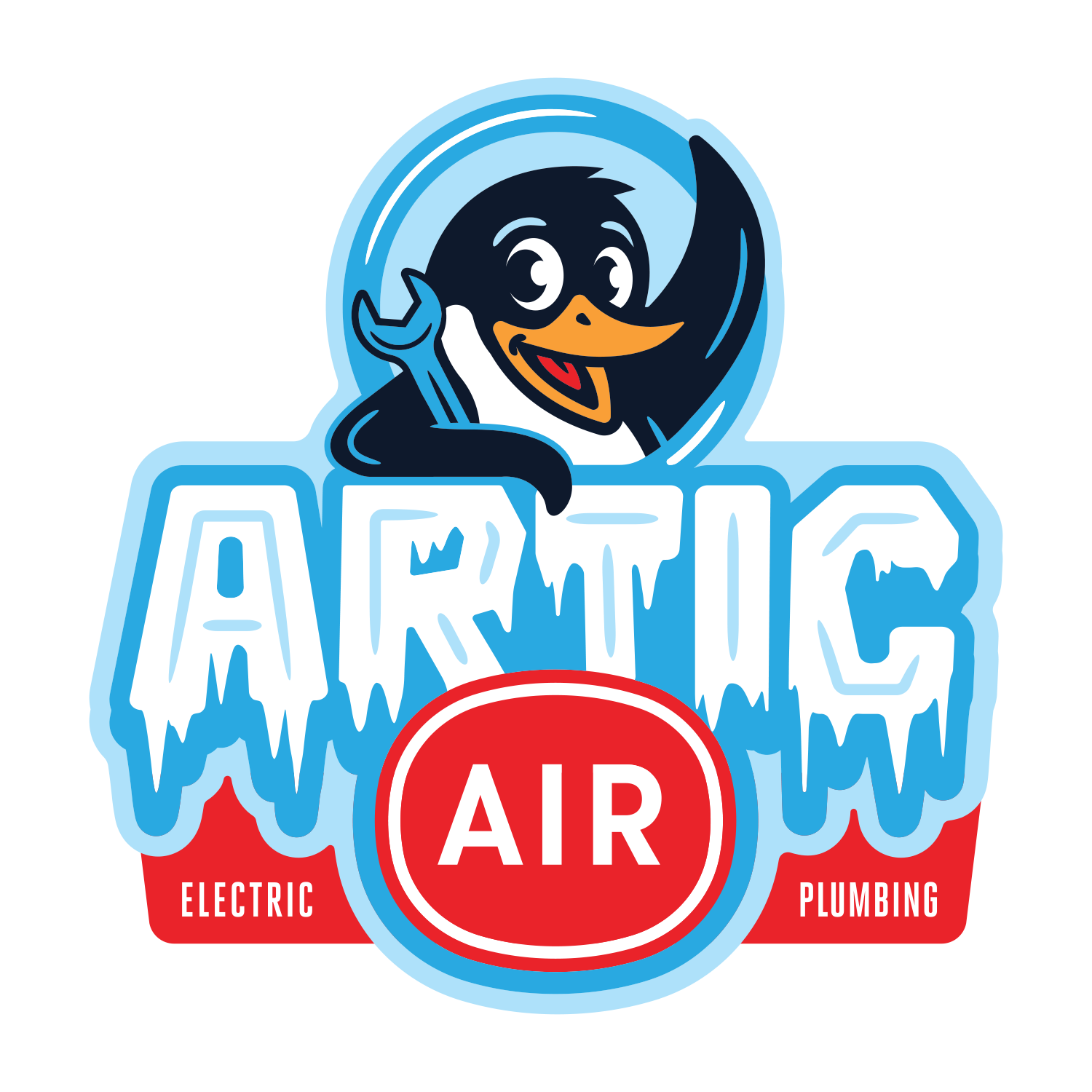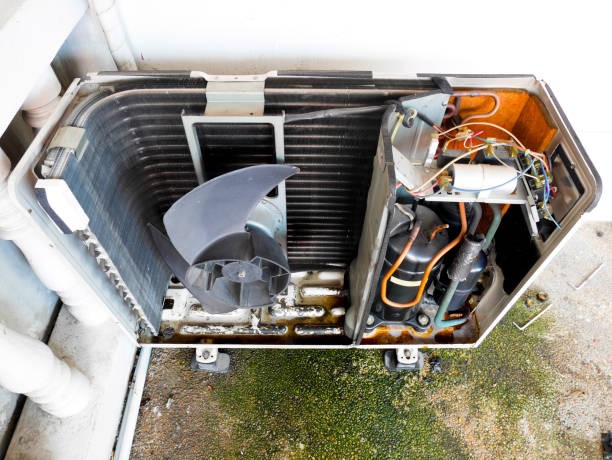Your HVAC (Heating, Ventilation, and Air Conditioning) system is a vital component of your home, providing comfort and maintaining indoor air quality throughout the year. However, like any mechanical system, HVAC equipment can experience wear and tear over time, leading to malfunctions, inefficiency, and increased energy costs. When faced with issues, homeowners often grapple with the decision: repair or replace? Let’s explore the factors to consider when making this important choice.
Cost Analysis:
One of the primary considerations when deciding between repair and replacement is cost. Repairing a malfunctioning component may seem like the more affordable option upfront, but it’s essential to weigh the long-term costs. If your HVAC system is nearing the end of its lifespan or requires frequent repairs, investing in a new, energy-efficient unit may be more cost-effective in the long run. Consider factors such as repair costs, energy savings, and potential rebates or incentives for upgrading to a more efficient system.
Age of Equipment:
The age of your HVAC equipment plays a significant role in the decision-making process. Generally, HVAC systems have a lifespan of 10-15 years, depending on factors such as usage, maintenance, and environmental conditions. If your system is nearing or past this lifespan and experiencing frequent breakdowns or declining performance, replacement may be the more prudent option. Newer HVAC models offer improved energy efficiency, advanced features, and warranties that can provide peace of mind for years to come.
Energy Efficiency:
Energy efficiency is another crucial factor to consider when deciding whether to repair or replace your HVAC equipment. Aging systems typically exhibit lower energy efficiency, leading to elevated utility expenses and a heightened environmental footprint. Upgrading to a newer, high-efficiency HVAC system can lead to significant energy savings over time, offsetting the initial cost of replacement. Additionally, many utility companies offer rebates or incentives for installing energy-efficient HVAC equipment, further enhancing the cost-effectiveness of replacement.
Frequency of Repairs:
If your HVAC system requires frequent repairs or is experiencing major malfunctions, it may be a sign that replacement is the more practical option. Continuously investing in repairs for an aging or inefficient system can result in escalating costs and ongoing inconvenience. A new HVAC unit offers improved reliability, performance, and peace of mind, reducing the likelihood of future breakdowns and costly repairs.
Environmental Considerations:
Lastly, consider the environmental impact of your HVAC equipment when deciding whether to repair or replace.Outdated refrigerants and increased energy consumption in older systems can contribute to the emission of greenhouse gasses, leading to environmental harm and degradation. Upgrading to a newer, more efficient HVAC system can reduce your carbon footprint and support sustainability efforts.
In conclusion, the decision to repair or replace your HVAC equipment depends on several factors, including cost, age, energy efficiency, frequency of repairs, and environmental considerations. While repairs may be suitable for minor issues or newer systems, replacement may be the more cost-effective and sustainable option for older, inefficient equipment. Consulting with a qualified HVAC technician can help you assess your options and make an informed decision that meets your comfort, budget, and sustainability goals. By carefully considering these factors, you can ensure optimal performance, efficiency, and comfort for your home for years to come.

